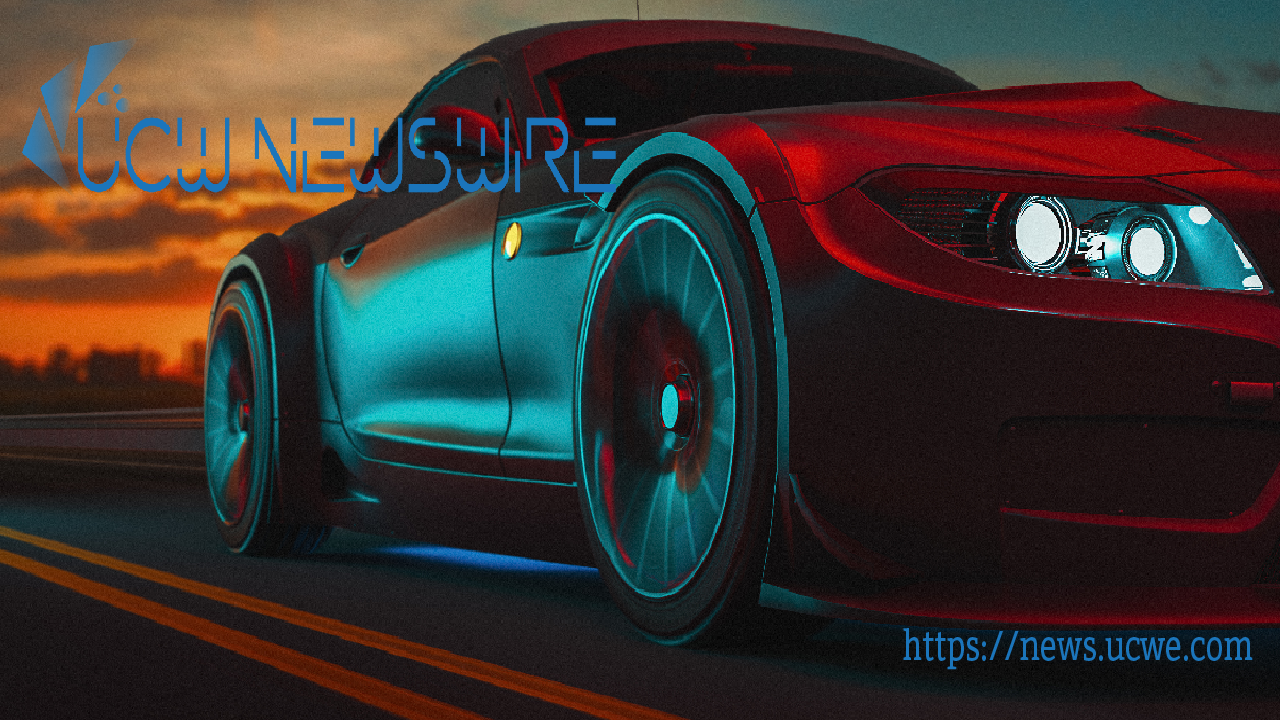Honda and Nissan Merge in $54 Billion Blockbuster Deal, Shaking Up the Auto Industry
In what could be the most consequential move in the auto industry in recent years, Honda and Nissan have announced a landmark merger valued at $54 billion, with Mitsubishi weighing

In what could be the most consequential move in the auto industry in recent years, Honda and Nissan have announced a landmark merger valued at $54 billion, with Mitsubishi weighing in on whether to join by January 2025. Should Mitsubishi opt in, the deal’s total value would rise to $58 billion, creating a combined entity poised to reshape the global automotive landscape.
If finalized, the merger would catapult the Honda-Nissan alliance to the third-largest automaker globally by sales, trailing only Toyota and the Volkswagen Group. This union would also become the largest car company merger in Japanese history, underscoring its seismic importance. The deal is expected to close by August 2026, with Honda taking the lead role under a new holding company yet to be named.
What This Means for Nissan and Mitsubishi
For Nissan, the merger offers a much-needed lifeline. The automaker has faced declining sales and missed earnings over the past decade, casting doubt on its long-term viability. Honda’s financial stability and leadership offer Nissan a chance to regain footing in an increasingly competitive market.
Mitsubishi, which has long been allied with Nissan, has yet to decide on its involvement. If it joins, the combined alliance would gain further strength in markets like Southeast Asia, where Mitsubishi has a significant presence.
Renault, which owns approximately one-third of Nissan, has stated that it will act in the best interest of its stakeholders, signaling no immediate opposition to the merger. This could streamline the path forward for the Honda-Nissan alliance.
Accelerating the EV Race
One of the most compelling aspects of the deal is the synergy it offers in the electric vehicle (EV) space. Nissan’s expertise in EV technology, including its early success with the Leaf, complements Honda’s ambitions to expand its EV lineup. Analysts predict that this partnership could fast-track Honda’s electrification efforts, enabling it to compete more aggressively with Tesla, BYD, and traditional rivals like Ford and General Motors.
While the potential is enormous, the merger raises critical questions:
- Brand Identity: Will Nissan and Mitsubishi retain their distinct branding, or will they fold under Honda’s banner?
- Cultural Integration: Aligning the corporate cultures of three major companies will be a complex task.
- Execution Risks: Can the alliance capitalize on its combined strengths without being bogged down by logistical and operational challenges?
This merger is not just about Honda, Nissan, and possibly Mitsubishi—it has broader implications for the global automotive industry. Competitors like Stellantis, General Motors, and Ford will likely feel the ripple effects, particularly in the EV and gas-engine markets. The merger also raises the stakes for automakers worldwide to innovate and consolidate in an industry racing toward electrification and sustainability.
Honda’s announcement of a $1.1 billion share buyback for next year is a clear signal of its confidence in this transformational move. If the alliance succeeds, it could set a new standard for collaboration in the auto industry, proving that bold partnerships can navigate the challenges of a rapidly evolving market.
This is a deal to watch closely, its outcome could redefine the automotive landscape for decades to come.
David Thompson
UCW Newswire

